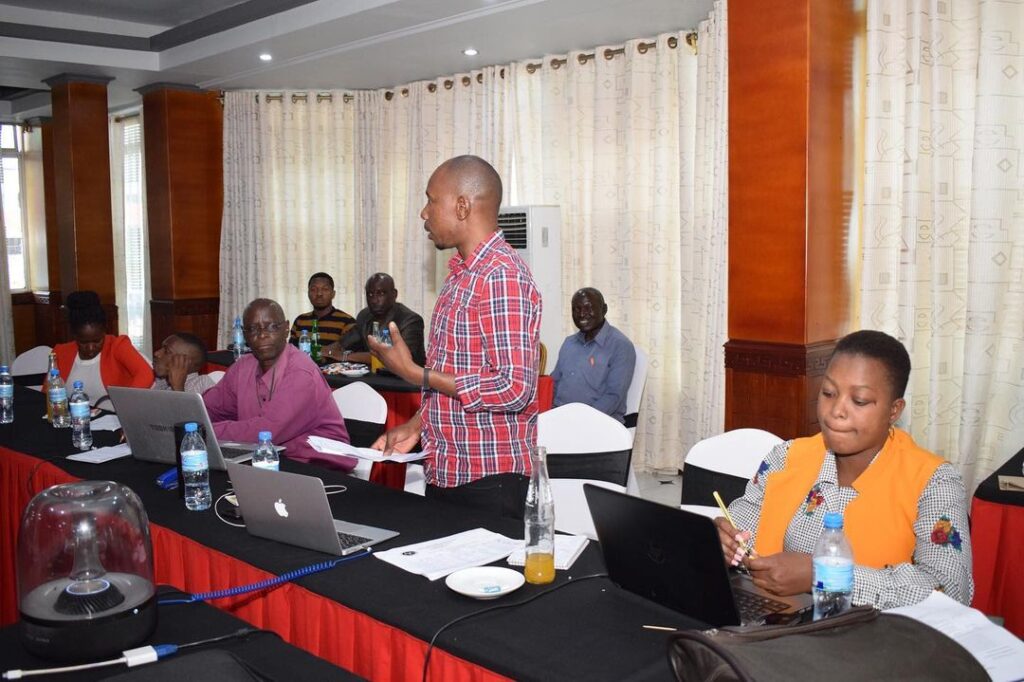Expanding ECD Services through Community Based Organizations
Background Information
Having worked directly with communities for a number of years TAHEA Mwanza has realized the importance of empowering community systems to take up initiatives for sustainability. Leveraging local systems allows ownership of the project and empowers communities to be able to continue interventions beyond funding. In realizing this fact TAHEA Mwanza beginning 2019 has been working closely with community groups as systems of change, they include 5 youth CBOs, Women groups, Committees to end VAWC, Community Counsellors and Community leaders in Ilemela Municipal for the same purpose. The systems are empowered through capacity building sessions with knowledge and skills necessary for them to carry out ECD initiatives in their own communities at very low cost. TAHEA provides mentorships, coaching and opportunities for reflections among the youth, while also linking with other stakeholders like parents and caregivers, local government officials and other community groups.
Objectives
- To increase opportunities for age-appropriate play and early learning among young children supported through families and communities by 2021.
- To improve skills and knowledge among caregivers and services providers to support nurturing care to young children for developing to full potential by 2021.
- To increase provision of quality integrated ECD services to young children in families and communities by 2021.
- To increase quality ECD services provision accountability among right holders and office bearers in families and communities by 2021.
- To improve updated information systems that track quality and coverage of ECD interventions at family and community levels by 2021
Project Values
- Systems thinking
- Child centred learning
- Empowered community groups

Goals
- Adequate nurturing care knowledge and skills among families and communities to adequately support young children to develop to their full potential by 2022.
Achievements
- Increased knowledge and skills of group members in ECD for them to take initiatives in their own communities
- Increased trust and respect of groups in the intervention communities, they are given opportunities to educate and lead other members as change agents.
- Parents and caregivers have increased understanding of child care and development and are beginning to take develop materials for their children to play with at home and in ECD centres
- Increased enrolment of children in community based day care centres resulting from increased awareness on the importance of ECD.
Challenges/ Constraints
- Low household income prevents parents and caregivers from continued support to the ECD centres
- Some youth CBO members give up easily and are not interested with groups operating as CBOs leaving all the burden to the CBO leadership.
Lessons Learnt/ Best practices
- In the course of 1-year implementation we started with youth groups and later we learnt that apart from them there are other very key stakeholders left behind, like women groups, NPA-VAWC committees (for ending violence against women and children) and local government officials. So, in the second year of implementation, we revised our approach and came up with a detailed model which brought all these enablers on board.
